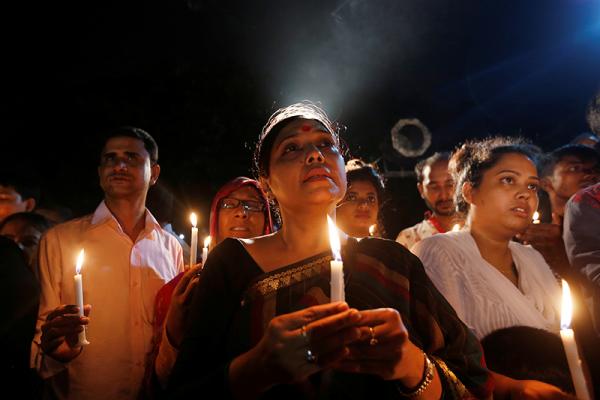Jul 13, 2016
A vortex of hatred is sweeping across the globe, from a nightclub in Orlando to an airport in Istanbul to a restaurant in Dhaka.
At its center are individuals who wrap their savagery in the cloak of Islam. But these terrorists — perhaps 50,000 to 100,000 of the world’s 1.6 billion Muslims — are a perversion of the faith. They do not represent the Islam beloved by moderates like me.
Read the Full Article

Already a subscriber? Login
